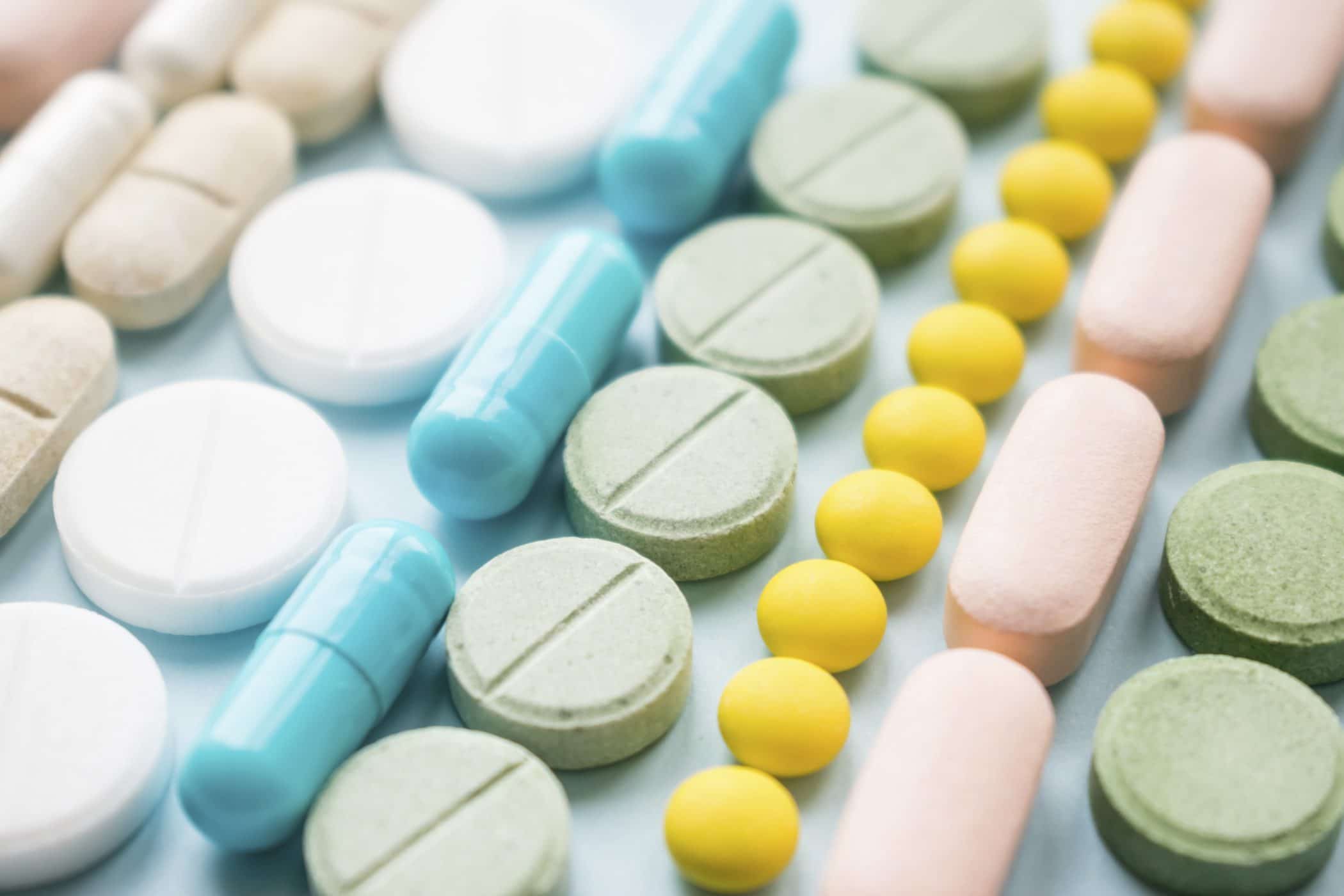
One of the first questions someone asks when faced with the option to undergo addiction treatment is how difficult the process will be. Even just the act of seeking out help can be extremely stressful and taxing, so it makes sense that an individual would want to know what’s in store for them. Having a strong support system that they can return home to can often instill enough confidence in someone to make them take the plunge, but they’ll still have some trials and tribulations to overcome.
The first and most glaring trial is the act of becoming sober. On the surface it may seem as simple as stopping the use of drugs or alcohol, but these substances create dependencies within our minds and bodies that rely on the presence of that substance in order to function. When the substance is no longer there, withdrawal begins.
Breaking Down Withdrawal
Once someone decides to break the cycle of addiction and removes the problem substance from their life, their body has to go through a withdrawal period which can have various levels of severity depending on how long a substance was abused, what kind of substance it was and the amount being taken.
It’s important to remember that the withdrawal process will look different for everyone. But whether it’s because of no longer drinking or choosing to abstain from drug use, there are common withdrawal symptoms that many recovering individuals experience.
They can include any of the following:
- Insomnia
- Paranoia and anxiety
- Depression
- Trouble concentrating
- Tremors
- Nausea or vomiting
- Flushed skin and increased sweating
When you understand the signs of withdrawal, you can better help yourself or someone you know realize that they are temporary side effects. If an individual is choosing to detox from a substance, it’s important to do so under the supervision of medical professionals. Not only will this make the process more comfortable, it also removes the concern over the more severe and life-threatening withdrawal symptoms that can come from heavy, long-term abuse.
There’s No Set Time Withdrawal Symptoms Begin
Every type of drug, alcohol, body and person will have different levels of withdrawal symptoms based on a list of factors. The key ones are physical health, time and amount of substance abuse, type of substance and whether the substance was immediately cut off or gradually removed.
To get a good idea on when withdrawal symptoms begin during a detox, here’s a list of common drugs and their general withdrawal process.
- Heroin and prescription painkillers – Withdrawal symptoms for opioids with a short half-life will start within 8-24 hours after last usage and can take up to 10 days to end.
- Methadone – A longer-acting opioid, methadone withdrawals begin within 2-4 days of the last use but still have an average end time of 10 days.
- Benzodiazepines – Often referred to as benzos, the list includes brand names such as Valium, Xanax and Klonopin. Symptoms begin within 1-4 days with the most severe parts coming about 2 weeks in. What sets benzos apart from other drugs is something called protracted withdrawal syndrome in which withdrawal symptoms can persist for months or years unless treated.
- Alcohol – Alcohol has both the shortest and most severe set of withdrawal symptoms. Starting within hours of the last drink, symptoms can manifest as seizures and delirium tremens around the 24-48 hour mark and last up to 3-5 days.
With the list of symptoms and varying degrees of severity, medically assisted detox is one of the most important factors in keeping individuals committed to substance-free living. If a problem drug or alcohol user has to face this alone, they’ll often just revert back to using again to ease the pain and avoid the discomfort.
The withdrawal symptoms are indeed unpleasant, but the experience is different for each and every person going through recovery. Some may experience all of the symptoms at the start and then recover extremely quickly while others may have little to no discomfort thanks to medication administered from their detox team.
No Matter the Case, Addiction Isn’t the End
America’s Rehab Campuses has worked with all levels of addiction for individuals at all stages of life. Our team of medical professionals is committed to making the journey to recovery as comfortable and manageable as possible. The end goal isn’t just a completed treatment plan but rather a full life of sobriety from the substances that once were in control.
From intake to aftercare, we’re here for you. Get a free and fully confidential consultation over the phone or online today and learn how we can help.

